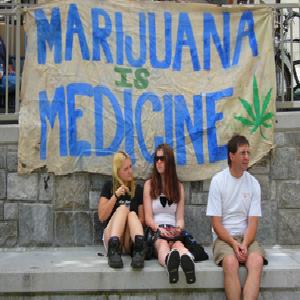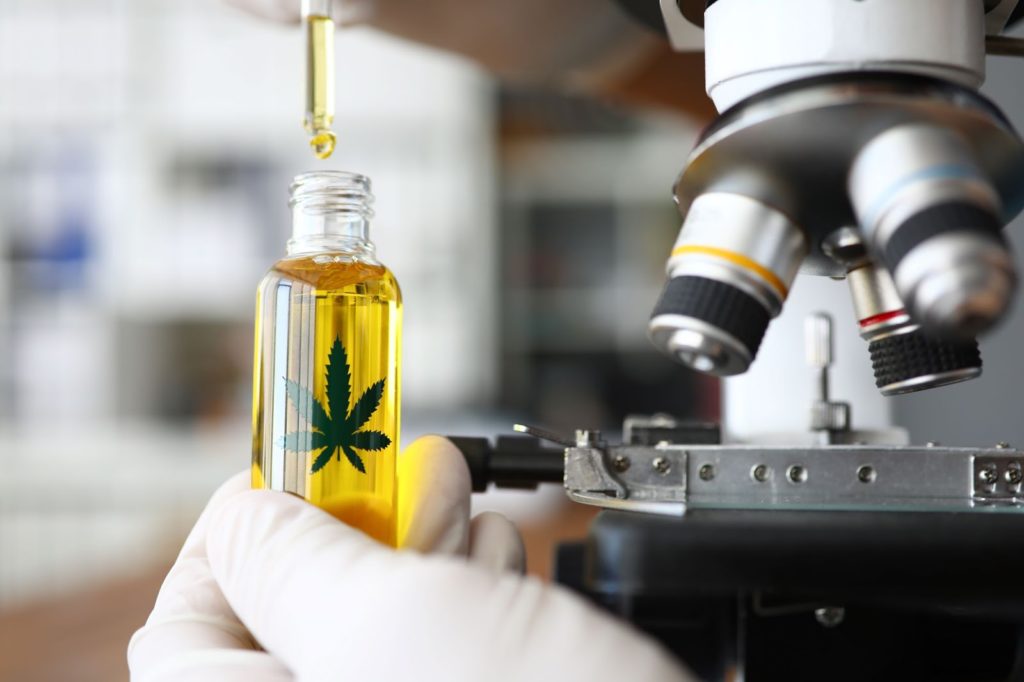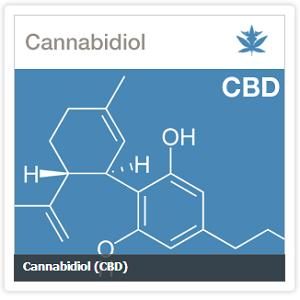 Cannabis Is Medicine
Cannabis Is Medicine
By Erik A. Gifford
The earliest use of cannabis as a medicine predates recorded history. The earliest written reference is found in the 15th century B.C. Chinese Pharmacopeia, the Rh-Ya. (Marijuana Research Findings: 1976-77 National Institute on Drug Abuse) (N.I.D.A.) Even though it’s been proven down through history, when asked the question, “Should cannabis be a medical option?” N.I.D.A. responded with this reasoning, “Under the United States law since 1970, marijuana has been a Schedule 1 controlled substance. This means that the drug, in its smoked form, has no commonly accepted medical use.”(“Marijuana: Facts For Teens” NIDA website March 2008) So will cannabis ever be listed on the U.S. Pharmacopeia again?
The United States Pharmacopeia (U.S.P.) is an official public standards-setting authority for all prescription and over the counter medicines. In 1850, cannabis was added to the U.S.P. under the name Apocynum Cannabinum, Indian Hemp (antiquecannabisbook.com) and listed as a treatment for numerous afflictions. While physicians would prescribe cannabis as their first choice for several ailments, the obstacles they faced in the years ahead would prove to be too powerful to overcome. One of the first steps in the demise of cannabis as a medicine was the passing of The 1913 Poison Act in the state of California. This new law would outlaw the possession of extracts, tinctures or other narcotic preparations of hemp.
With the exceptions of corn remedies containing not more than fifteen grains of the extract or fluid extract of hemp to the ounce, mixed with not less than five times its weight of salicylic acid combined with collodion. The bill was met with heavy opposition from the state’s druggists, who had voted against any changes in the poison laws in a poll of their membership. However, the board was well in control of the legislature and they passed it unanimously without any public debate. Over the next fourteen years, ten more states would follow suit by passing their own form of anti-marijuana laws. If cannabis was proven to have medical efficacy, why were there so many people adamant to have it outlawed?
Unfortunately for the future of medicinal cannabis, the motivation in which they based their actions had nothing to do with scientific knowledge or medical practices. It was based on fear and ignorance. In the case of the 1913 Poison Act, it seems that playing upon those fears was very influential in persuading the “powers that be”. During the International Opium Conference (I.O.P.) at Hague in 1911, Henry J. Finger, a prominent member of the California Board of Pharmacy and a U.S. delegate for the I.O.P., sent a letter to Hamilton Wright, chief architect of the United States narcotics policy and fellow I.O.P. delegate.
The letter stated as follows: “Within the last year we in California have been getting a large influx of Hindoos and they have in turn started quite a demand for cannabis indica; they are a very undesirable lot and the habit is growing in California very fast…the fear is now that they are initiating our whites into this habit… We were not aware of the extent of this vice at the time our legislature was in session and did not have our laws amended to cover this matter, and now have no legislative session for two years (January, 1913). This matter has been brought to my attention a great number of time[s] in the last two months…it seems to be a real question that now confronts us: can we do anything in the Hague that might assist in curbing this matter?” (canorml.org)
This same irrational thinking would be the means in which future drug prohibitionists would build their propaganda campaigns around in order to meet their own agendas. The most historic of those being the passing of The Marihuana Tax Act of 1937. Although this Act did lead to the major decline of doctors prescribing cannabis, it wasn’t removed from the U.S.P. until 1942. Thus regrettably losing its remaining mantle of therapeutic legitimacy.
In 1968, the Drug Enforcement Administration (D.E.A.) registered the University of Mississippi exclusively, to cultivate marijuana for government use and research activities. The marijuana supplied to researchers was used in studies ranging from chemical research to preclinical toxicology in animals to clinical work on humans. So did they discover cannabis to possess any medicinal values? I guess you’ll have to ask the government that question. Or will you? In 1976, a Washington, D.C. man by the name of Robert Randall employed a slightly used Common Law Doctrine of Necessity to defend himself against criminal charges of marijuana cultivation. (U.S. vs Randall) He claimed the cannabis he cultivated was of “medical necessity” and was needed for the treatment of his glaucoma.
On November 24th of that same year, the federal Judge James Washington dismissed the charges against Randall. In concurrence with this judicial determination, federal agencies responded to a petition that had been filed by Randall in May of 1976, which would grant him, licit access to a Food and Drug Administration (F.D.A.) approved supply of medicinal cannabis. This would make Robert the first person in history to receive marijuana from a government agency for a medical disorder. In the next two years, seven more patients would enroll in a program titled the Investigational New Drug Applications. (I.N.D.) This program was a part of a lawsuit settlement by the Department of Health and Human Services (D.H.H.S.), and as a result N.I.D.A. began supplying medical marijuana to patients whose physicians applied for and received written permission from the F.D.A. (N.I.D.A. website Jan. 1983)
So does this mean the government recognizes the medical legitimacy of cannabis? Not quite. By June of 1991, the D.H.H.S. had discontinued the I.N.D. program in response to a flood of applications that was essentially due to the AIDS epidemic. The program remains closed to new entrants today and at its peak only consisted of thirty patients. Our nation faces a similar set of problems today. There are states that have implemented medical marijuana programs that are falling under heavy scrutiny by legislators, merely because of the large number of patient applications that are being filed. The people that voted for these programs did so with the intention of helping all those who needed it, not to have a patient and dispensary limit put in place.
Even with seventeen states and the District of Columbia having medical marijuana programs, there is still a rock-strewn path that activists and lobbyists must traverse in order to unshackle the hands of physicians and research scientists that believe cannabis indeed possesses medicinal properties. Even those people that don’t think cannabis should be completely legalized feel the government should strongly reconsider the scheduling of the drug.
There is a court case that is set to begin today, that offers the weary activists and suffering patients a glimmer of hope. For the first time in almost twenty years, a United States Court of Appeals will hear the oral arguments in a lawsuit challenging the federal government’s classification of marijuana as a dangerous drug with no medicinal value. (Americans for Safe Access (A.S.A.) vs D.E.A.) There have been several failed attempts to reschedule cannabis in the past. What gives this case added promise is the extraordinary list of plaintiffs which consists of leading medical researchers and clinicians. This trial will force the courts to review scientific evidence regarding the therapeutic efficacy of marijuana.
I feel Joe Elford, Chief Counsel for the A.S.A summarized it best when making a statement about the pending lawsuit, “What’s at stake in this case is nothing less than our country’s scientific integrity and the imminent needs of millions of patients.” I couldn’t agree more. Let’s return cannabis to the U.S. Pharmacopeia. If you believe cannabis should be a medical option, let your voice be heard. Do your part by registering to vote and educate yourself and others on the science behind cannabis.





